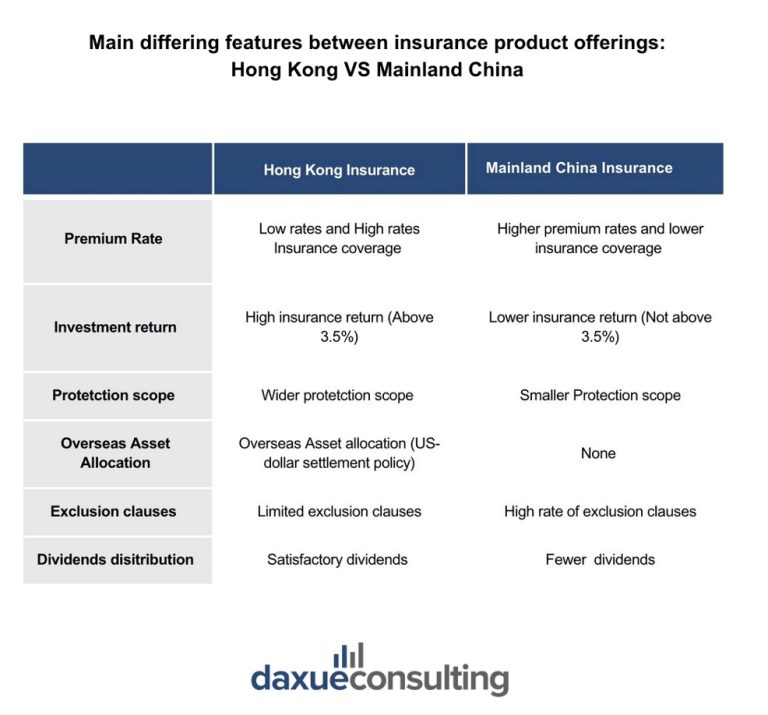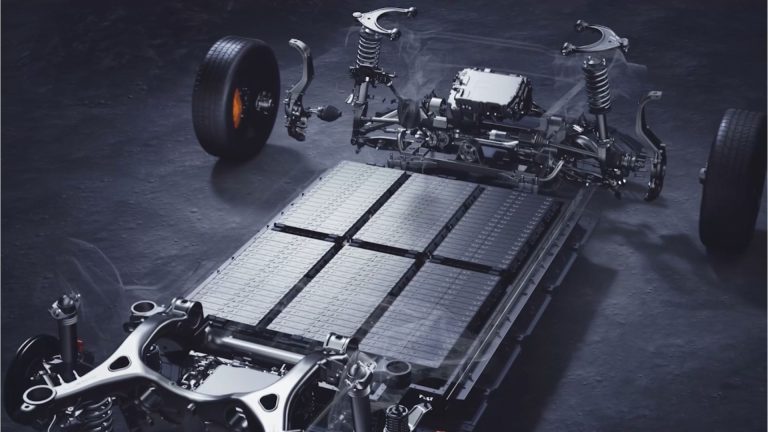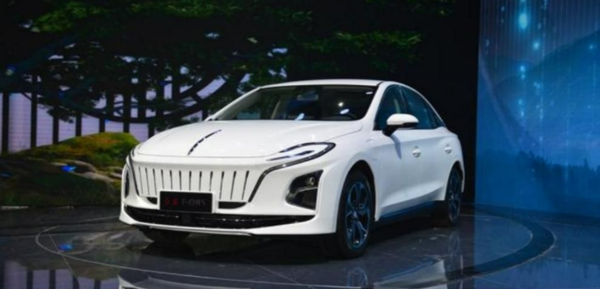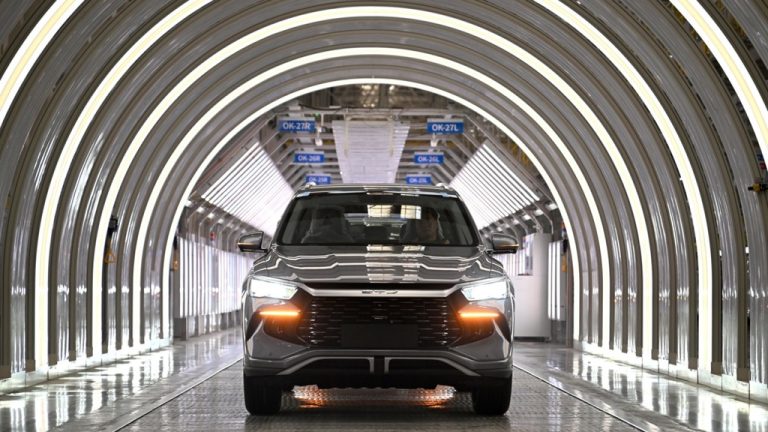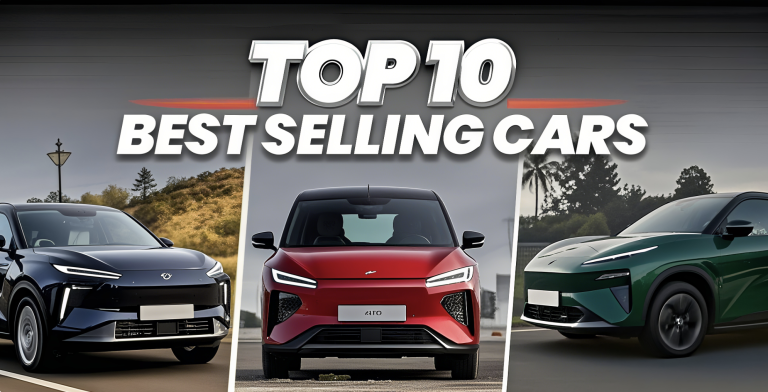In the global wave towards a green future, Hong Kong is emerging as a leader in the development of new energy vehicles (NEVs) at an impressive pace. The latest global public opinion research report, “Drivers of Change,” published by Inchcape, provides a detailed overview of Hong Kong’s outstanding achievements and forward-looking strategies in the electric vehicle (EV) sector.
The report’s data reveals that Hong Kong car owners have an extremely positive attitude toward NEVs, with 93% of respondents expressing favorable views. The actual ownership rate is particularly noteworthy. By September 2025, EVs accounted for 82.2% of new private car registrations in Hong Kong, nearly double the average in the Asia-Pacific region. This success is not a coincidence but a result of the perfect synergy between government policies, consumer awareness, and technological advancements.

The “first-in-first-out” tax incentive program has been instrumental in this progress. Hong Kong’s Chief Executive, John Lee Ka-chiu, further proposed ambitious infrastructure development plans in his 2025 Policy Address, including the addition of 3,000 fast-charging stations across the 18 districts and a plan to install 200,000 reserved EV parking spaces by mid-2027. These measures have not only reduced the barrier to entry for consumers but also significantly enhanced the convenience of using EVs.
However, the path to widespread adoption of NEVs is not without challenges. The report highlights that after-sales support remains a significant issue in the Asia-Pacific region. Eighty percent of respondents believe that car dealers need to improve their service capabilities, and 30% are concerned about repair costs. Phil Jenkins, CEO of Inchcape Asia-Pacific, stated that the group will focus on innovative technology and ecosystem development to build long-term consumer confidence.
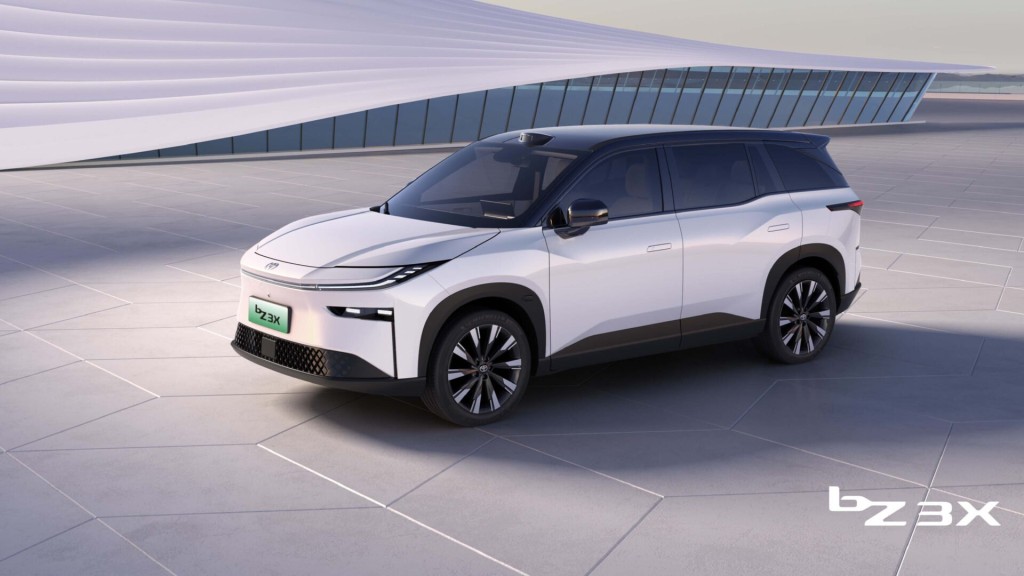
Notably, Inchcape will launch the Toyota bZ3X EV in Hong Kong on October 16, marking the global debut of this right-hand drive export model. Equipped with an intelligent battery management system, the car’s design is tailored to Hong Kong’s urban living environment, showcasing a perfect blend of technology and practicality.
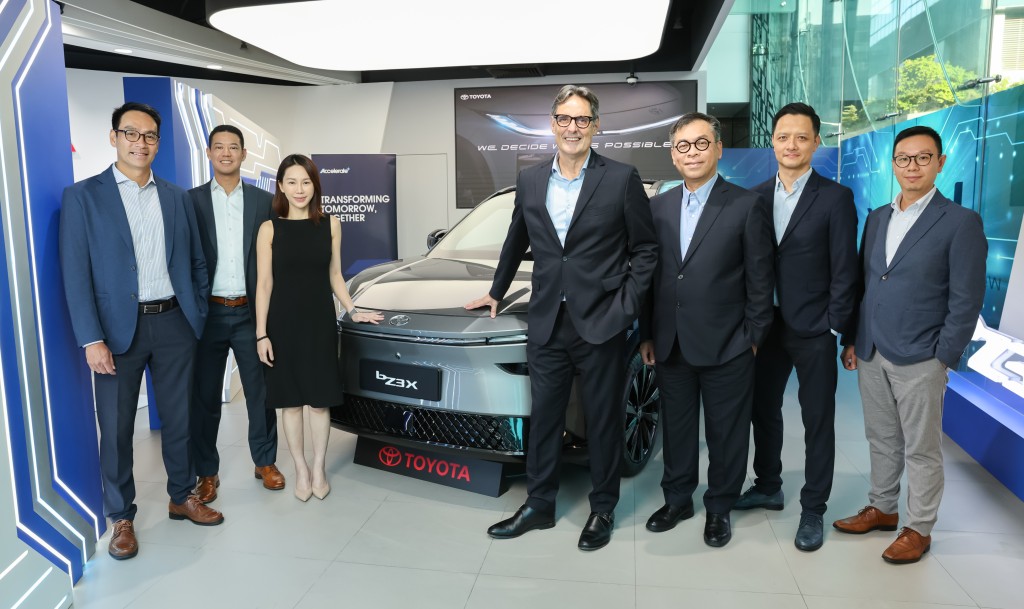
Tien Kao, General Manager of the Greater China region, further noted that Hong Kong consumers have a high level of awareness of NEV technology and are quite flexible in terms of price acceptance. Leveraging its multi-brand agency and global resource advantages, the group has become an ideal partner for automakers looking to expand into the Asian market.

This report is more than just a compilation of data; it is a snapshot of Hong Kong’s journey towards sustainable development. Through government policies, corporate innovation, and consumer support, Hong Kong is shaping a green and smart transportation future. As a model for the NEV market in the Asia-Pacific region, Hong Kong is providing valuable practical experience for global sustainable development.







